Ride & Mobility
BluSmart follows Gensol group firms into insolvency after ₹1.28 cr default
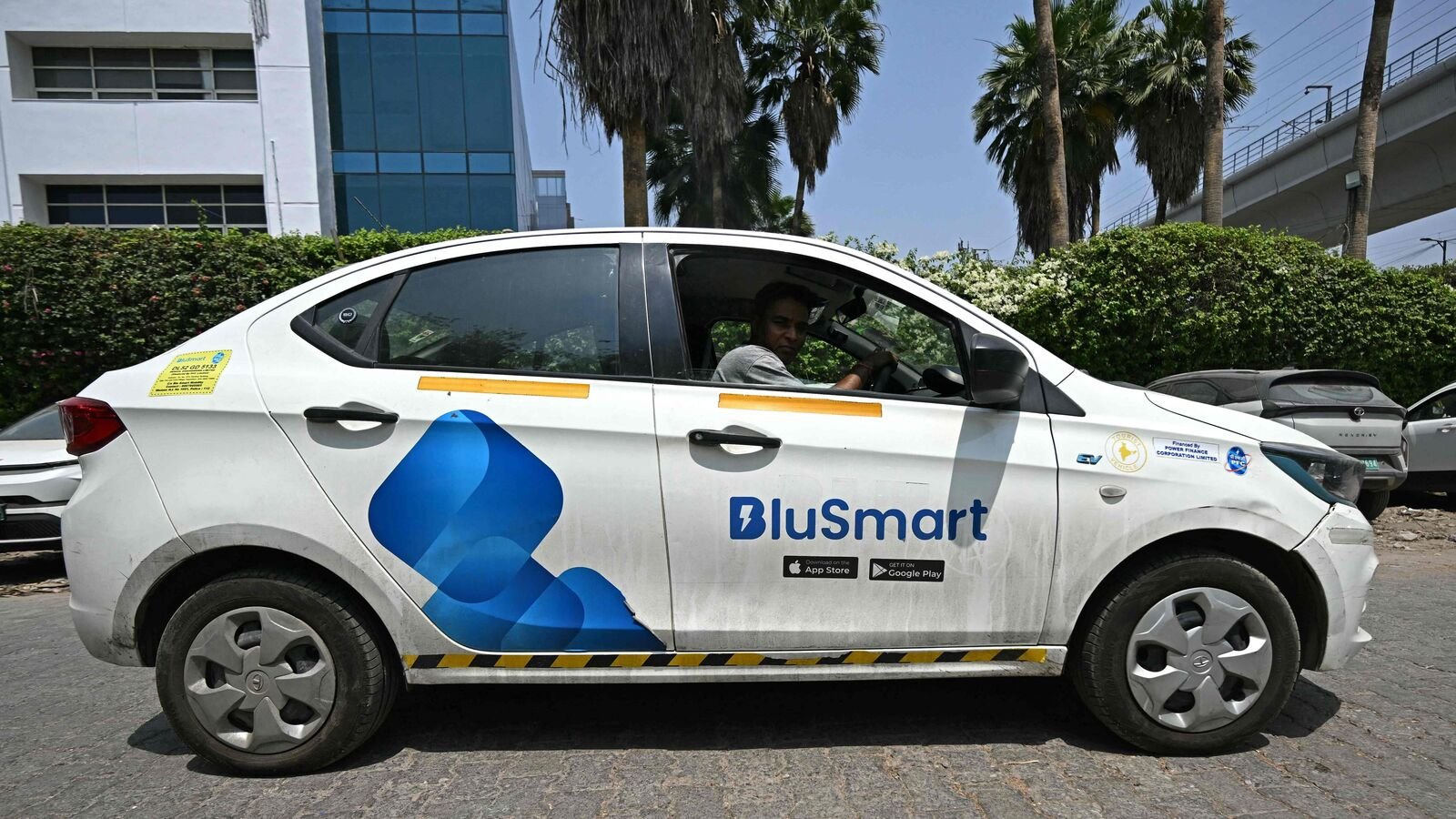
The wheels have come off the fraud-hit BluSmart Mobility, once hailed as a pioneer in India’s electric ride-hailing startup, as the company has been formally admitted into insolvency by the National Company Law Tribunal (NCLT) in Ahmedabad.
The move follows payment defaults totalling over ₹1.28 crore and adds BluSmart to a growing list of Gensol-linked entities now undergoing bankruptcy proceedings, including its parent Gensol Engineering Ltd and sister concern Gensol EV Leasing Pvt Ltd.
In an order dated 28 July, a two-member bench comprising Justice Shammi Khan (Judicial Member) and Sanjeev Sharma (Technical Member) admitted BluSmart into the Corporate Insolvency Resolution Process (CIRP) under the Insolvency and Bankruptcy Code (IBC), 2016.
“In light of the above findings, this Tribunal is satisfied that the Financial Creditor is entitled to the relief as sought. The Corporate Debtor’s default justifies the admission of the petition and the initiation of CIRP under the Code,” the tribunal said in its order, reviewed by Mint.
The dispute with the financial creditor began after BluSmart Mobility raised ₹15 crore through 15 non-convertible debentures (NCDs) on 20 April 2023, with Catalyst Trusteeship as the debenture trustee.
Under the agreement, BluSmart was to start repaying the principal by 30 April 2023, but unilaterally deferred it to 31 May, which Catalyst viewed as a breach. In early 2025, BluSmart defaulted on payments due in February, March, and April—totalling ₹1.28 crore, prompting Catalyst Trusteeship to seek insolvency proceedings against the company.
Supporting documents included default notices, bank records, and an email from co-founder Anmol Singh Jaggi admitting liability that led to the admission of insolvency plea.
BluSmart opposed the insolvency plea, arguing that the defaults were temporary, the petition was premature and motivated and that procedural issues such as missing IRP details and vague timelines weakened the creditor’s case.
The company also pointed to the 15 April Securities and Exchange Board of India (Sebi) order against Gensol Engineering and its promoters as background pressure behind the filing.
However, the tribunal rejected all objections, holding that the defaults were material and proven, the promoter had admitted liability, and procedural gaps had been corrected.
It also stated that the Sebi order had no bearing on BluSmart’s contractual obligations to repay its lenders.
The tribunal appointed NPV Insolvency Professionals Pvt Ltd as the Interim Resolution Professional (IRP), which will now take control of BluSmart’s management, issue public notices and invite claims from creditors.
A moratorium has also been imposed, halting all ongoing or new legal actions, asset transfers and recovery proceedings against the company.
Under IBC timelines, the IRP must invite claims within three days and constitute a Committee of Creditors (CoC) within 30 days.
The entire resolution process must be completed in 180 days, extendable by another 90 days. If no viable resolution plan is approved within that time, BluSmart may face liquidation.
With BluSmart joining Gensol Engineering and Gensol EV Leasing in insolvency, legal experts believe the case may become a landmark test for group insolvency in India—a concept not yet formally codified in law.
Courts have, however, allowed consolidated proceedings in rare cases like Videocon, where 13 related companies were treated as a single economic entity.
“This could set the stage for group insolvency. If operational and financial links between these firms are clearly established, it may prompt courts to adopt a similar approach,” said Raheel Patel, partner at Gandhi Law Associates.
“The real challenge ahead is determining whether their assets and debts should be resolved jointly or separately, and whether overlapping creditors and related-party transactions will be prioritized for scrutiny,” Sonam Chandwani, managing partner at KS Legal & Associates, said.
When BluSmart defaulted and suspended operations, those same vehicles used as collateral for Gensol loans became value at risk. Power Finance Corporation Ltd and the Indian Renewable Energy Development Agency Ltd (Ireda) were thus exposed to defaults arising from both entities, effectively making them overlapping creditors, she added.
Parth Contractor, founder, Chambers of Parth Contractor, said, “When one entity has a financial crunch, its ripple effects are noticed in sister concerns or associated entities. But the decision to admit a company into insolvency, does not depend on the position of the sister concerns or the group company, but solely on the transaction/issue between the specific debtor and the specific creditor, which in this case was BluSmart and Catalyst Trusteeship”.
BluSmart’s insolvency is the latest and perhaps the most visible blow to the Gensol Group, which has been under intense regulatory scrutiny.
In June, Ireda revealed that Gensol Engineering had defaulted on loans worth ₹510 crore.
On 15 April, the Sebi issued an interim order accusing Anmol and Puneet Jaggi of diverting investor funds meant for electric vehicle purchases towards personal luxuries, including a $5 million apartment and high-end golf equipment.
Sebi also found that Gensol had procured only 4,704 electric vehicles despite claiming funding for 6,400.
Both promoters resigned from Gensol’s board on 6 May. The Securities Appellate Tribunal (SAT), on 7 May, declined to stay Sebi’s order and asked the company to respond, with the market regulator expected to issue a final decision thereafter.
Meanwhile, Gensol Engineering, now also under CIRP, has issued advertisements seeking to lease out pre-owned EVs at fixed rentals, in what appears to be an effort to monetize stranded assets amid the group’s widening financial crisis.
Ride & Mobility
Hochul: $21 million now available for zero-emission mobility transportation solutions – WGRZ
Ride & Mobility
Swiggy to re-evaluate investment in Rapido over conflict of interest
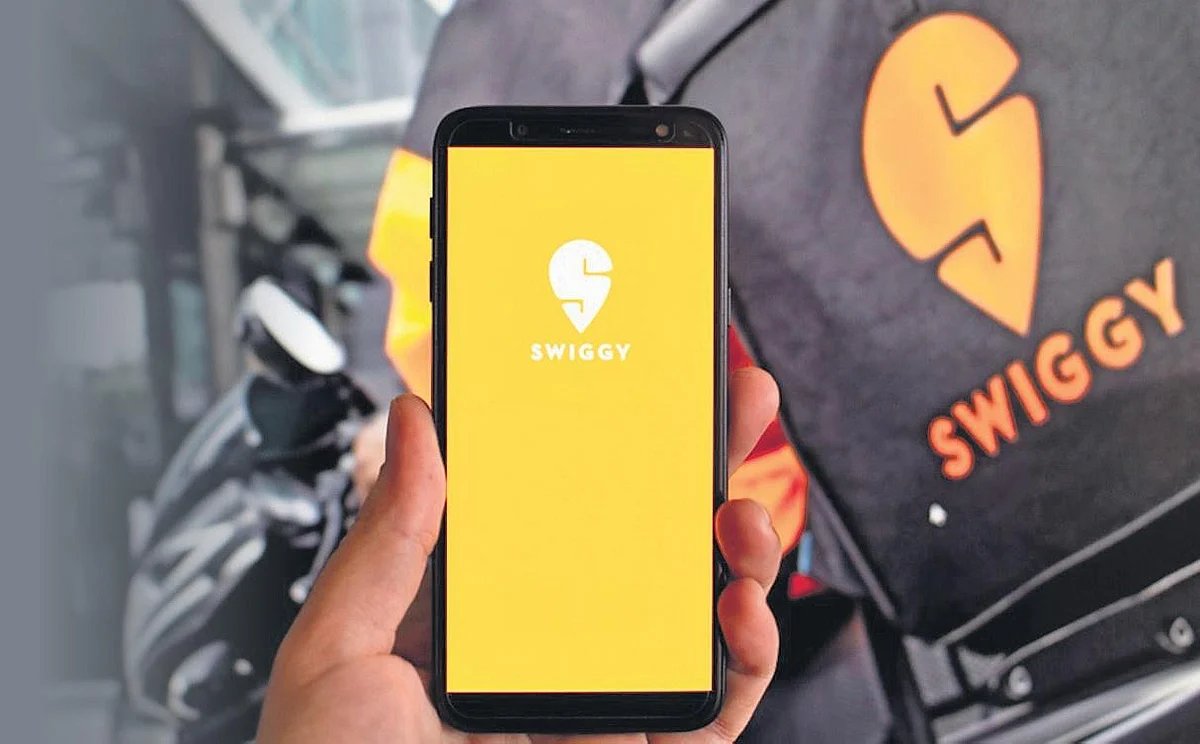
Food-tech firm Swiggy will re-evaluate its investment in ride-hailing startup Rapido, citing a potential conflict of interest as the mobility company recently entered the food delivery space.
“Rapido is now the largest mobility player in India by rides, and has been a disruptor in its space. As a shareholder, we are extremely happy with their success and value-creation; but do acknowledge a potential conflict of interest that may arise in the future,” said Swiggy in its letter to shareholders on Thursday.
It added, “Our 12% minority stake has appreciated significantly since our investment (basis incoming interest) and we are actively re-evaluating our investment due to the above developments.”
Rapido entered the food delivery space in June through a pilot called ‘Ownly’ in Bengaluru, charging restaurants a fixed fee per order. A proposal shared with restaurants shows that Rapido is positioning itself as a zero-commission, value-focused alternative to Swiggy and Zomato.
Swiggy invested in Rapido in 2022. It holds approximately a 12% stake in Rapido which is valued at around Rs 1,020 crore based on Rapido’s current valuation of just over Rs 8,500 crore. The ride-hailing company, which competes with Ola and Uber, has raised around $600 million so far.
“Food delivery continues to attract new competition, with new players or models trying to enter this high-frequency, high customer-intent category every year. The key question is what new competition will unlock for the consumer, which we are not already doing at scale. Many of the new offerings we have created (including on affordability) and will continue to roll out, will be towards ensuring that competition does not get a clear opening.” Swiggy stated in the letter.
Ride & Mobility
Tesla Launches Ride-Hailing Service in San Francisco Bay Area
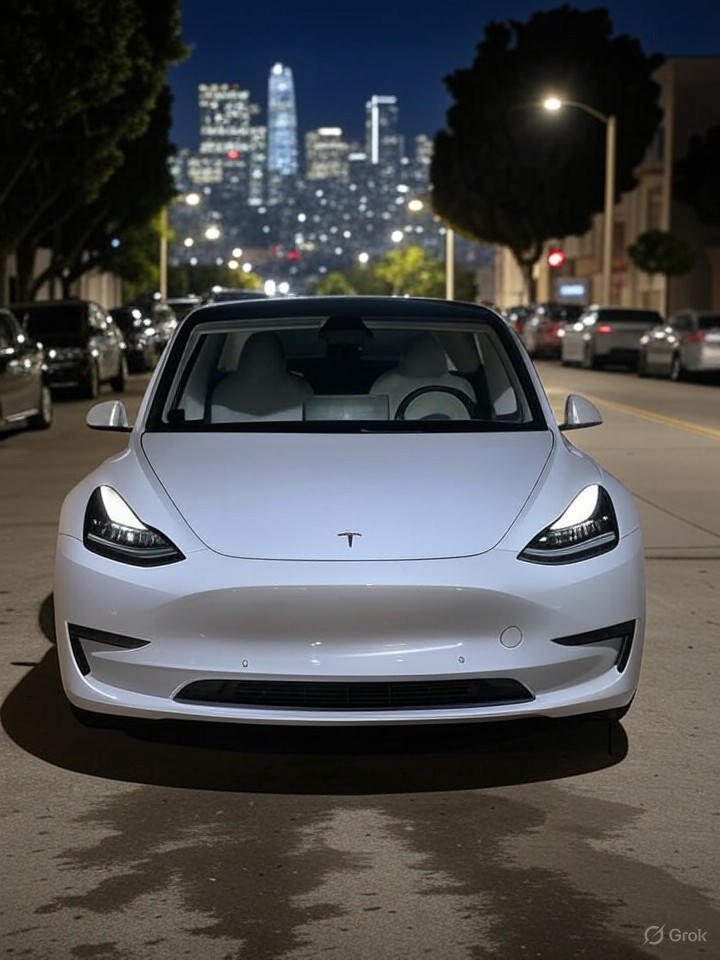
Elon Musk’s early-morning post on X sent ripples through the automotive and tech sectors, announcing that Tesla’s ride-hailing service is now operational in the San Francisco Bay Area. The Tesla CEO stated simply, “You can now ride-hail a Tesla in the SF Bay Area, in addition to Austin,” marking a significant expansion of the company’s foray into mobility services. This move comes amid Tesla’s broader push to transform from an electric vehicle manufacturer into a leader in autonomous transportation, though the exact nature of the service—whether fully autonomous or human-supervised—remains a point of intrigue for regulators and competitors alike.
Details emerging from the announcement suggest the service is accessible via Tesla’s app, allowing users to summon vehicles much like Uber or Lyft, but with Tesla’s fleet of electric cars. Early reports indicate it’s starting in a limited capacity, potentially relying on human drivers or supervised autonomy, given California’s stringent oversight on self-driving tech. According to a report in Business Insider, the launch builds on Tesla’s existing operations in Austin, where the service debuted in June 2025, and could serve as a testing ground for more advanced features.
Regulatory Hurdles and Strategic Maneuvers
California’s Public Utilities Commission (CPUC) has been a key gatekeeper, and Tesla’s path hasn’t been without obstacles. As noted in a July 2025 article from The San Francisco Standard, Tesla lacks full approval for deploying unsupervised robotaxis in the city, prompting the company to pivot toward a human-driven chauffeur model initially. This approach mirrors strategies employed by rivals like Waymo, which have navigated similar regulatory landscapes by starting with safety drivers.
Musk has long touted Tesla’s Full Self-Driving (FSD) technology as the cornerstone of its ride-hailing ambitions, with internal tests already underway for employees in San Francisco, as detailed in an October 2024 piece from Fortune. Yet, the current rollout appears more cautious, emphasizing reliability over full autonomy to comply with state rules. Industry insiders speculate this could accelerate data collection for FSD improvements, drawing from billions of miles of real-world driving data.
Expansion Plans and Market Implications
Tesla’s application for a ride-hailing permit in California, filed earlier in 2025 and covered by The Washington Post, underscores Musk’s goal of scaling robotaxis nationwide by year’s end. The Bay Area launch, following Austin’s, positions Tesla to challenge established players in high-density urban markets, where electric vehicles offer environmental and cost advantages.
However, questions linger about scalability. A recent Reuters report highlighted the absence of explicit references to self-driving in Musk’s announcement, suggesting the service might initially use human operators to sidestep delays. This hybrid model could help Tesla build user trust while refining its AI, which Musk claims achieves safety levels “far in excess of the average human driver” based on extensive training data.
Future Vision Amid Uncertainties
Looking ahead, Tesla’s roadmap includes unsupervised autonomy, with Musk reiterating in X posts that the company aims for widespread deployment by late 2025. Innovations like Actually Smart Summon and FSD Supervised v13, showcased in Tesla’s official updates, promise seamless experiences—from parking lot navigation to optimized routing with charging stops.
For industry observers, this launch represents a pivotal test of Tesla’s vertical integration strategy, blending hardware, software, and services. While competitors like Cruise face setbacks from incidents, Tesla’s data-driven approach could give it an edge, though regulatory approvals remain the wild card. As one analyst noted in coverage from Investing.com, the service addresses cooling EV demand by diversifying revenue streams. Ultimately, success in San Francisco could redefine urban mobility, but it hinges on balancing innovation with safety and compliance in a rapidly evolving field.
-

 Brand Stories1 week ago
Brand Stories1 week agoBloom Hotels: A Modern Vision of Hospitality Redefining Travel
-

 Brand Stories5 days ago
Brand Stories5 days agoCheQin.ai sets a new standard for hotel booking with its AI capabilities: empowering travellers to bargain, choose the best, and book with clarity.
-

 Destinations & Things To Do2 weeks ago
Destinations & Things To Do2 weeks agoUntouched Destinations: Stunning Hidden Gems You Must Visit
-

 Destinations & Things To Do5 days ago
Destinations & Things To Do5 days agoThis Hidden Beach in India Glows at Night-But Only in One Secret Season
-

 AI in Travel2 weeks ago
AI in Travel2 weeks agoAI Travel Revolution: Must-Have Guide to the Best Experience
-

 Brand Stories4 weeks ago
Brand Stories4 weeks agoVoice AI Startup ElevenLabs Plans to Add Hubs Around the World
-

 Brand Stories3 weeks ago
Brand Stories3 weeks agoHow Elon Musk’s rogue Grok chatbot became a cautionary AI tale
-

 Asia Travel Pulse4 weeks ago
Asia Travel Pulse4 weeks agoLooking For Adventure In Asia? Here Are 7 Epic Destinations You Need To Experience At Least Once – Zee News
-

 AI in Travel4 weeks ago
AI in Travel4 weeks ago‘Will AI take my job?’ A trip to a Beijing fortune-telling bar to see what lies ahead | China
-

 Brand Stories4 weeks ago
Brand Stories4 weeks agoChatGPT — the last of the great romantics

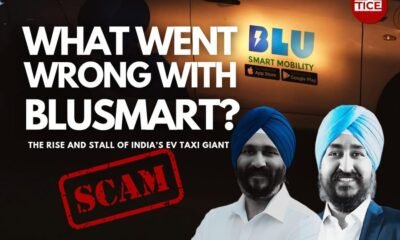

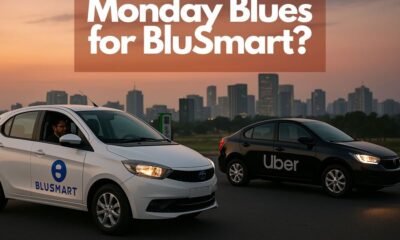

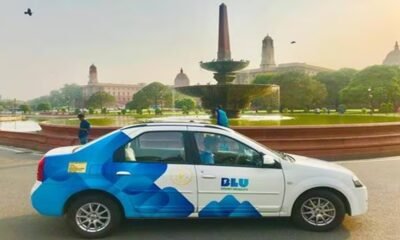

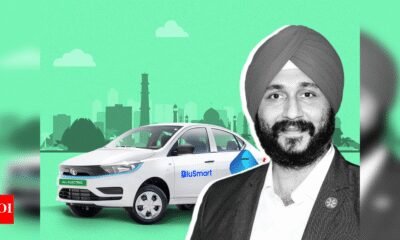

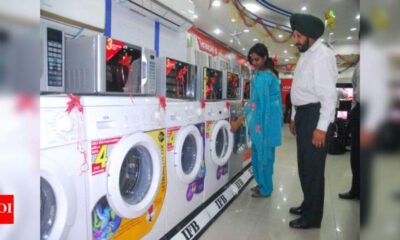




You must be logged in to post a comment Login